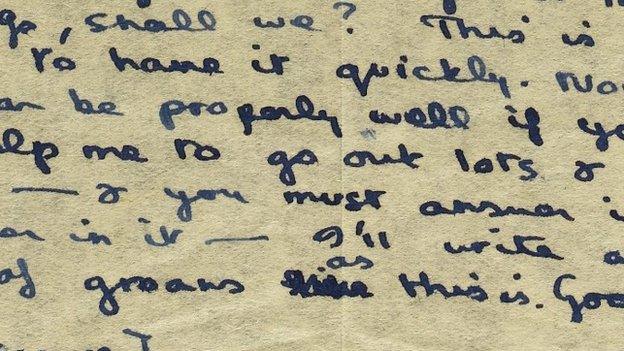Dylan Thomas's Under Milk Wood recording revisited
- Published
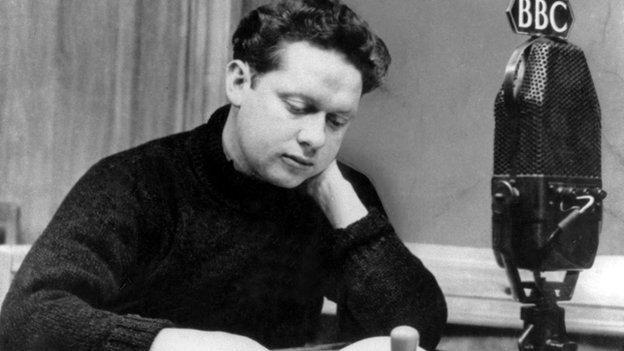
Dylan Thomas died, aged just 39, just a few weeks before the landmark recording of Under Milk Wood
Under Milk Wood is an acknowledged radio classic. Dylan Thomas's dramatic masterpiece was first broadcast in January 1954 and almost nobody involved is left alive. But to mark the poet's centenary the original sound effects man has been persuaded to return to rattle the teacups one last time.
Alec Nisbett had a long and distinguished career as a BBC producer. In its latter half he produced more than 40 editions of the Horizon series on BBC Two.
But his first home was radio. Sixty years ago he was the youngest of three studio managers on what became one of the most famous radio programmes made to date.
"I became a studio manager just as the BBC decided the job was more than being an engineer. They were recruiting smart and creative people like Joan Bakewell and Jack Gold, who went on to direct The Naked Civil Servant.
"So at the start of 1954 I was pleased to be allocated the script of Under Milk Wood. I was in the Features department of the BBC, whose job was to produce the most imaginative radio programmes anywhere. Everyone in Features felt several rungs up from Drama. And though I was extremely junior I could see the script I'd been given was special."
The producer was Douglas Cleverdon, who had spent years coaxing from Thomas his extraordinary portrait of the fictional Welsh seaside town Llareggub. The poet had died in New York a few weeks before, aged just 39.
Under Milk Wood took five days to rehearse and record. The actors worked in the radio drama studio on the sixth floor of Broadcasting House - a studio which still exists.
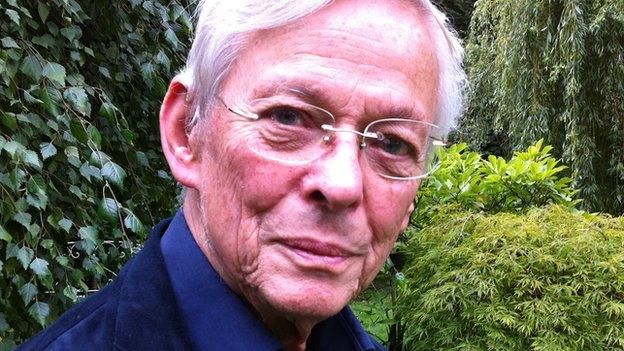
Alec Nisbett: 'When in the recording you hear footsteps or teacups or something creaking that's me. I was very new to the job and I'm not sure I was very good at it.'
"The whole cast was there all the time except for Richard Burton, who was too much in demand elsewhere. He was at the Old Vic and could only afford one day with us. In rehearsal it was the actor Richard Bebb who read all the linking narration.
"I remember there were several 'brown coats', as they used to be called, guarding the doors. Normally it was their job to move things around, like pianos. But in reality Douglas Cleverdon was using them as security guys.
"There was a rumour that Caitlin, Dylan's widow, was going to turn up and that might have been the end of rehearsals as she could be a lively presence. Eventually we heard she was in Italy and Douglas breathed a sigh of relief.
"The other production staff were safely behind the glass in the cubicle of Studio 6A but I wandered around the floor during the recording producing the spot effects."
Spot effects are sound effects produced manually such as a window opening or a doorbell ringing, as opposed to sounds played in off disc.
"When in the recording you hear footsteps or teacups or something creaking that's me. I was very new to the job and I'm not sure I was very good at it."
Sixty years on, Nisbett has been called on to dust down his abilities as a sound effects man.
Welsh artist Dan Llywelyn Hall tracked him down while preparing events in London to mark the centenary of Thomas's birth.
"I expect Alec thought his sound effects days were over," says Llywelyn Hall, "but he's agreed to revive them for an extract from the play at the Coningsby Gallery on 6 September." Welsh actors Karl Johnson and Dorothea Phillips are taking part and Alec Nisbett is hoping he'll meet the sole survivor of the 1954 cast - actress Gwenyth Petty.
"Gwenyth Petty and the others took their parts so perfectly I remember doubting if the play would be improved by Richard Burton joining us on the last day. But I was totally wrong."
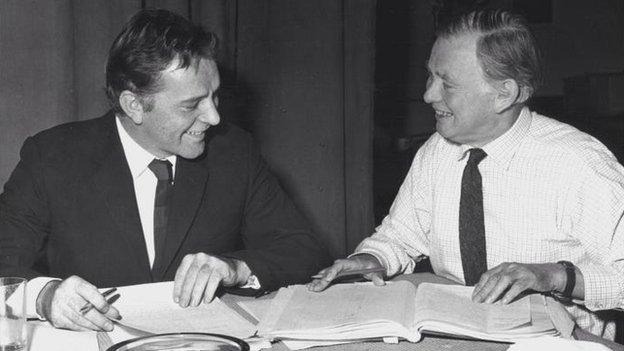
Richard Burton (l) (here with producer Douglas Cleverdon) was only able to make the final rehearsal and recording but his remarkable voice and acting abilities gave the programme a special quality
Burton came to Broadcasting House only for the final rehearsal on the Sunday morning and for the recording session afterwards.
"As soon as he ran through his opening lines it was clear the piece had been taken to a new dimension. His voice was so sonorous and beautiful you felt something shift in the air around you. Richard Burton's arrival gave us the momentum to go on and make that wonderful recording in the afternoon."
Under Milk Wood was produced just before the BBC shifted to record on tape.
"I think we recorded to disc which made editing difficult: you tried to get it all in one clean take but remember the play is an hour-and-a-half long. I believe later Douglas Cleverdon decided one part needed redoing and brought back some of the cast for retakes. I've always hoped it wasn't my sound effects which were the problem."
Alec Nisbett is being allowed one privilege in the reading this month which he didn't have in 1954: he is to speak one line of the script.
"I'll have to work on my performance. The moment I read the words in my head I could recall the exact intonation from the 1954 recording. What the original cast did was perfect: it can't be improved upon."
- Published27 August 2014

- Published17 April 2014
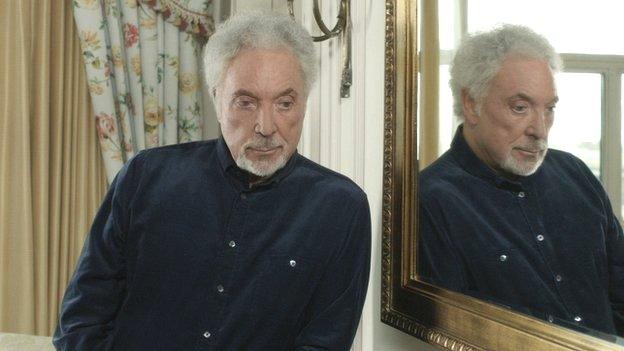
- Published15 July 2014
